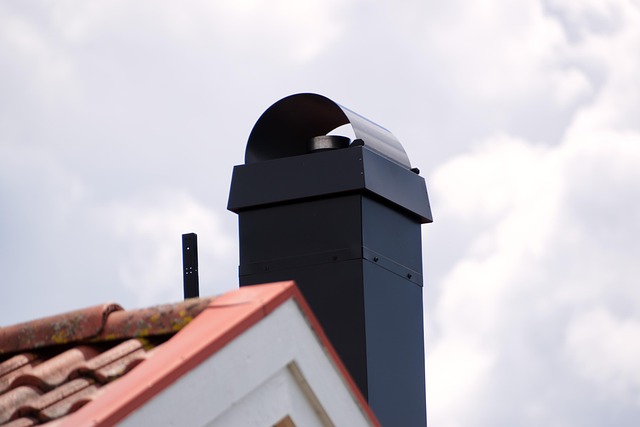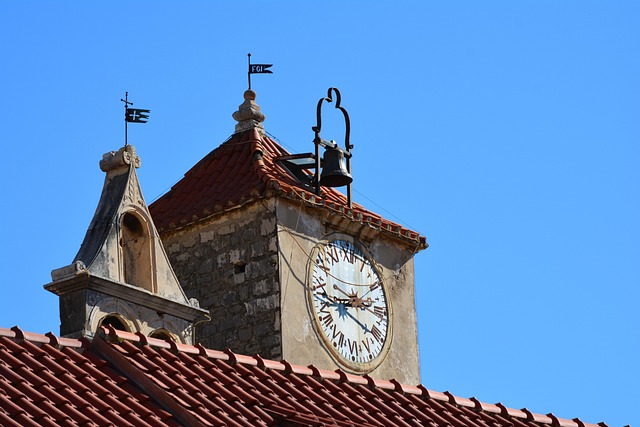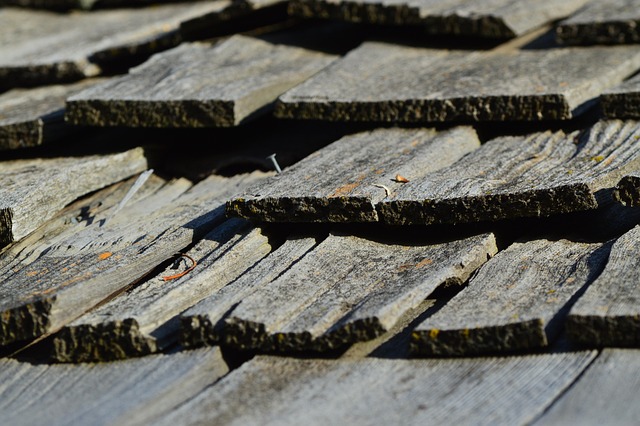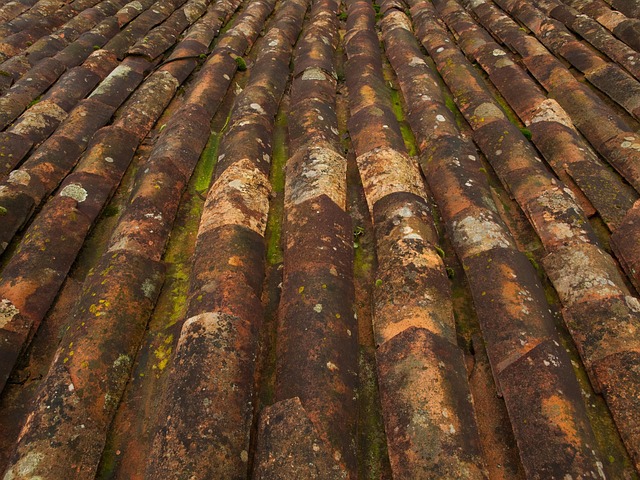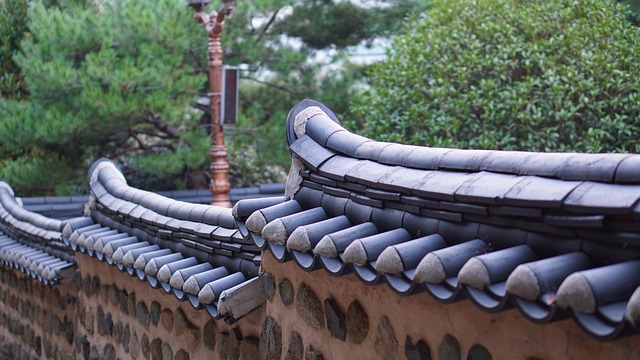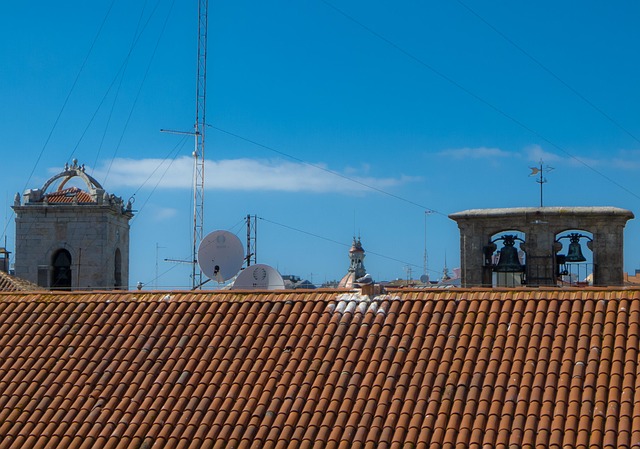Roofing experts in Eugene, Oregon recommend hot tar roofs for their durability and long-lasting protection. This traditional system uses heated asphalt and bitumen to create a water-resistant barrier. Ideal for diverse climates, hot tar roofs offer reliable performance despite fluctuating temperatures, heavy loads, and excellent insulation. When selecting a contractor, prioritize trustworthiness and expertise in hot tar installations. Regular maintenance is crucial for prolonging the lifespan of hot tar roofs, which are cost-effective and preferred for commercial properties due to their variety of styles and superior fire/wind resistance. Local regulations must be followed to ensure compliance, safety, and structural integrity.
“In Eugene, Oregon, a reliable commercial roofing solution is essential for businesses aiming to protect their investments. This article guides you through the intricacies of hot tar roofs, a popular choice among local commercial properties. We’ll explore why trusted experts are crucial for installation and maintenance. Learn about the process, benefits, and common issues associated with these flat roofs. Discover local regulations and gain insights into ensuring your commercial roof’s longevity.”
- Understanding Hot Tar Roofs in Eugene, Oregon
- Choosing Trusted Commercial Roofing Experts
- The Process of Hot Tar Roof Installation
- Benefits and Maintenance Tips for Hot Tar Roofs
- Common Issues with Commercial Flat Roofs
- Local Regulators and Codes for Commercial Roofing
Understanding Hot Tar Roofs in Eugene, Oregon
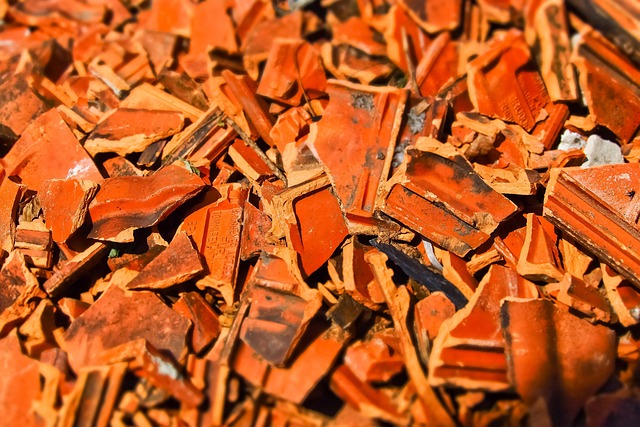
Roofing experts in Eugene, Oregon often recommend hot tar roofs for their durability and long-lasting protection. A hot tar roof is a traditional yet highly effective roofing system that involves heating a mixture of asphalt and bitumen to create a fluid substance, which is then poured onto the roof surface. This process forms a strong, water-resistant barrier, making it an excellent choice for commercial properties in the region’s diverse climate.
In Eugene’s environment, where varying temperatures can pose challenges, hot tar roofs offer a reliable solution. The heated material ensures consistent application, allowing for seamless coverage and minimizing the risk of cracks or gaps that could compromise the roof’s integrity. This method is particularly beneficial for commercial buildings due to its ability to withstand heavy loads and provide excellent insulation, contributing to energy-efficient operations.
Choosing Trusted Commercial Roofing Experts
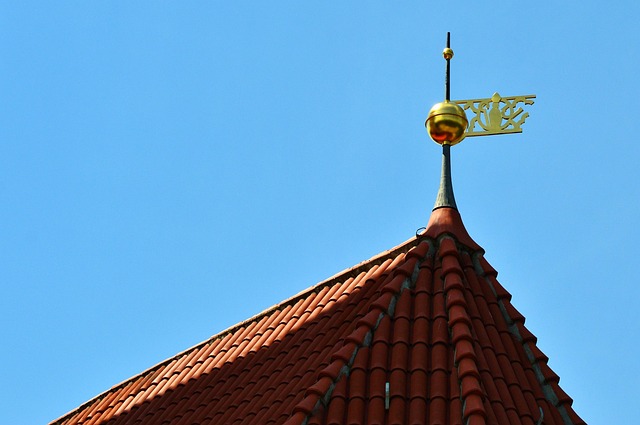
When it comes to commercial roofing in Eugene, Oregon, choosing trusted experts is paramount for any business owner. Look for companies with a proven track record and specialized knowledge in hot tar roof installations and repairs. Reputable firms will possess the necessary certifications and liability insurance, ensuring your property is in capable hands.
Additionally, consider their reputation among peers and clients alike. Online reviews and testimonials can provide valuable insights into their professionalism, work quality, and customer service. Trusted experts should offer comprehensive services, including roof inspections, maintenance programs, and warranties, ensuring long-lasting protection for your commercial space.
The Process of Hot Tar Roof Installation
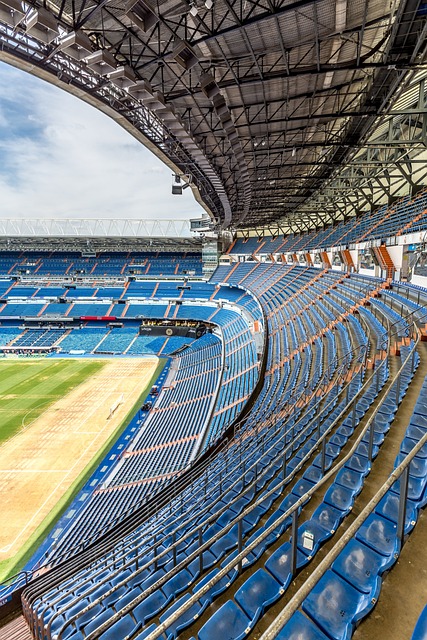
The process of installing a hot tar roof in Eugene, Oregon involves several meticulous steps. It begins with preparing the surface by ensuring it’s clean and free from debris. A professional roofer then applies a layer of bitumen, a key component of hot tar, which acts as a waterproof membrane. This is followed by placing layers of roofing paper or felting, creating a strong foundation for the final coat. The star of the show, the hot tar itself, is heated to specific temperatures and poured over the prepared surface, fusing with the bitumen and forming a seamless, durable seal. This method creates a robust protection against the elements, making it a popular choice for commercial properties in Eugene’s diverse climate.
Benefits and Maintenance Tips for Hot Tar Roofs
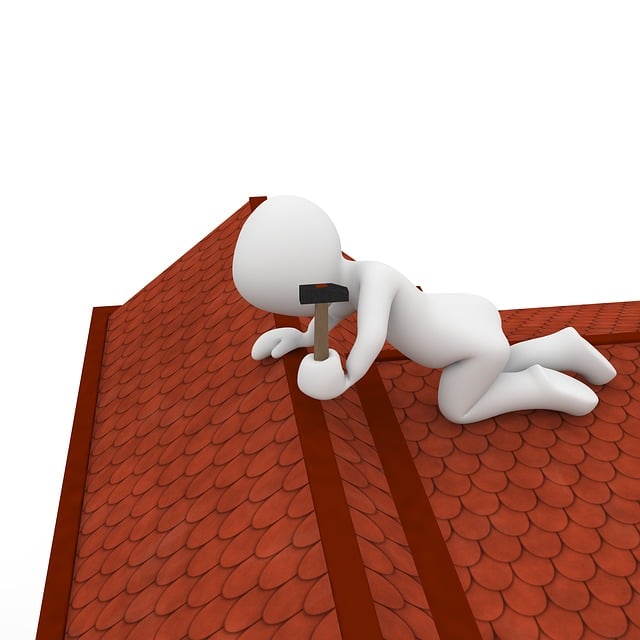
Hot tar roofs, also known as asphalt shingles, are a popular choice for commercial roofing in Eugene, Oregon due to their durability and cost-effectiveness. These roofs offer several benefits, including ease of installation, a wide range of styles and colors, and superior resistance to fire and wind damage. However, proper maintenance is crucial to ensure their longevity. Regular inspection is essential to identify any damaged or missing shingles, which can prevent water leakage and potential structural issues.
To maintain a hot tar roof, it’s important to keep the surface clean by removing debris like leaves and branches. Annual re-sealing of the flashing and gutters is recommended to prevent moisture buildup. Additionally, repairing or replacing worn-out shingles promptly will safeguard against further damage and ensure the roof retains its protective barrier against the elements.
Common Issues with Commercial Flat Roofs
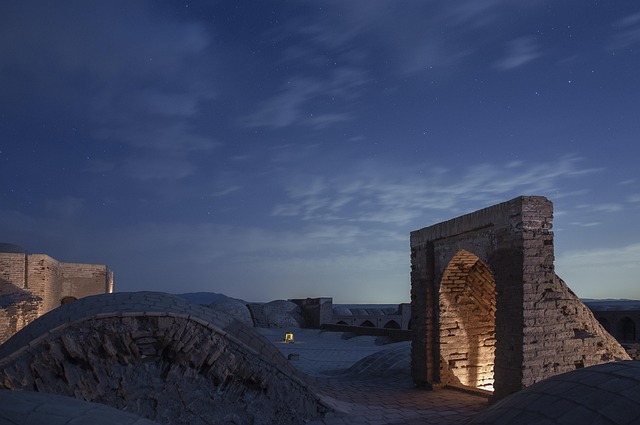
Commercial flat roofs, while popular for their simplicity and cost-effectiveness, are not without their issues. One of the primary concerns is leaks, often stemming from poor installation or aging materials. These leaks can lead to significant damage inside buildings, from water damage to mold growth. Another prevalent problem is the degradation of the hot tar roof surface due to ultraviolet radiation from the sun, which can cause cracking and peeling over time.
Additionally, flat roofs lack the slope necessary for effective drainage, increasing the risk of standing water that can weaken the structure. The weight of snow accumulation during Oregon’s winter months also poses a challenge, requiring proper ventilation to prevent excessive stress on the roof. Regular maintenance is crucial for addressing these issues early on, ensuring the longevity and integrity of commercial flat roofs.
Local Regulators and Codes for Commercial Roofing
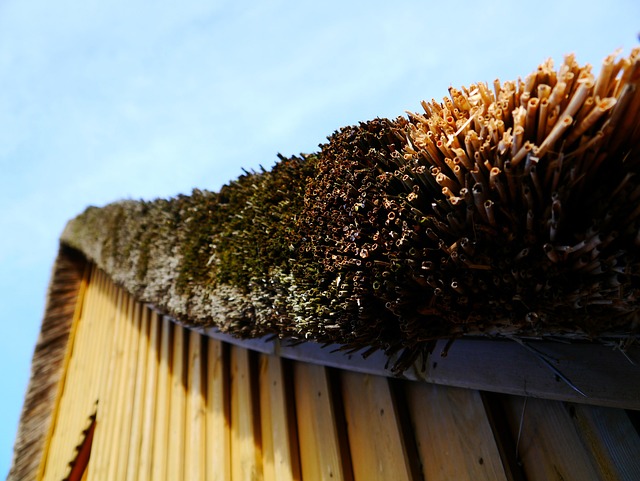
In Eugene, Oregon, commercial roofing projects are subject to local regulations and building codes designed to ensure safety and durability. The City of Eugene’s Building Department oversees these rules, which cover everything from structural integrity to environmental impact. For hot tar roofs, specific guidelines are in place to guarantee proper installation and maintenance. These include requirements for materials, installation techniques, and safety measures during the process. Compliance with these codes is crucial not only for the longevity of the roof but also for obtaining necessary permits and avoiding potential fines.
Local experts and contractors familiar with Eugene’s building codes play a vital role in navigating this process. They ensure that projects adhere to the latest regulations, utilizing approved materials and methods. This attention to detail protects both the business investing in their roof and the surrounding community by preventing leaks, structural damage, or other issues that could arise from substandard roofing practices.
